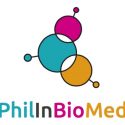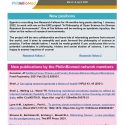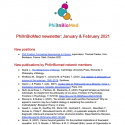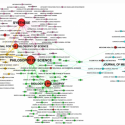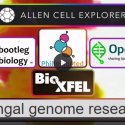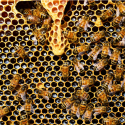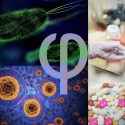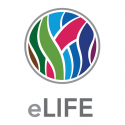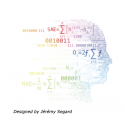AOS: Philosophy of medicine, Philosophy of biology
AOC: Philosophy of Science
University of Bordeaux (France)
Deadline for application: June 28th, 2021.
Application: mael.lemoine@u-bordeaux.fr
Short description of the job profile
Candidates will have developed an expertise in any topic of medical science (e.g. a disease, a method, a subfield) by applying conceptual tools from philosophy of science to specific problems in medicine. The new professor will join a group of philosophers tightly collaborating with biologists and medical scientists. She or he will teach in English in an international Master program of “philosophy in science”, to be created soon.
Detailed description of the job profile
The person recruited will be required to teach in medical, scientific and philosophical curricula.
The successful candidate will be expected to contribute to the development of the activities of the PhilInBioMed network (Institute for Philosophy In Biology and Medicine), through active international collaboration (http://philinbiomed.org).
In terms of teaching, the recruited professor will have to actively contribute to the implementation of innovative teaching, particularly at Master’s level, for philosophers wishing to work closely with scientists, and to integrate into existing philosophical teaching systems for courses in the health sciences.
The recruited professor should also participate in teaching in the health/sciences curriculum in the first cycle of health studies and in the third cycle of health studies in the framework of seminars intended for medical students in the various health specialties. A large part of the teaching, or even all of it, should or could be given in English.
Research must be in line with at least one of the research topics of the “Conceptual Biology and Medicine Group” (https://www.immuconcept.org/conceptual-biology-medicine/). An indispensable condition is that research must allow close collaboration with the group’s philosophers, with members of the unit, and must precisely identify potential partnerships with scientists and doctors from the Bordeaux community and abroad. Although the Conceptual Biology and Medicine Group is part of a research unit specialized in immunology, it is not necessary for the recruited professor to work specifically in that domain. A crucial condition, however, is that the recruited professor identify a biomedical field of competence on which he or she wishes to work in a privileged manner (for example, one or more pathology(ies), and/or a particular scientific method used in a medical context).
These collaborations should make it possible to reinforce the specificity of the group, i.e. the development of a program of publications co-written by scientists and philosophers for scientific and philosophical journals. The group is particularly keen on publishing in science and medicine journals, so as to foster the dialogue with these communities.
Applicants must already hold a tenure or tenure-track position. Alternatively, they must already hold a ‘qualification’ from the Conseil National des Universités (CNU).

